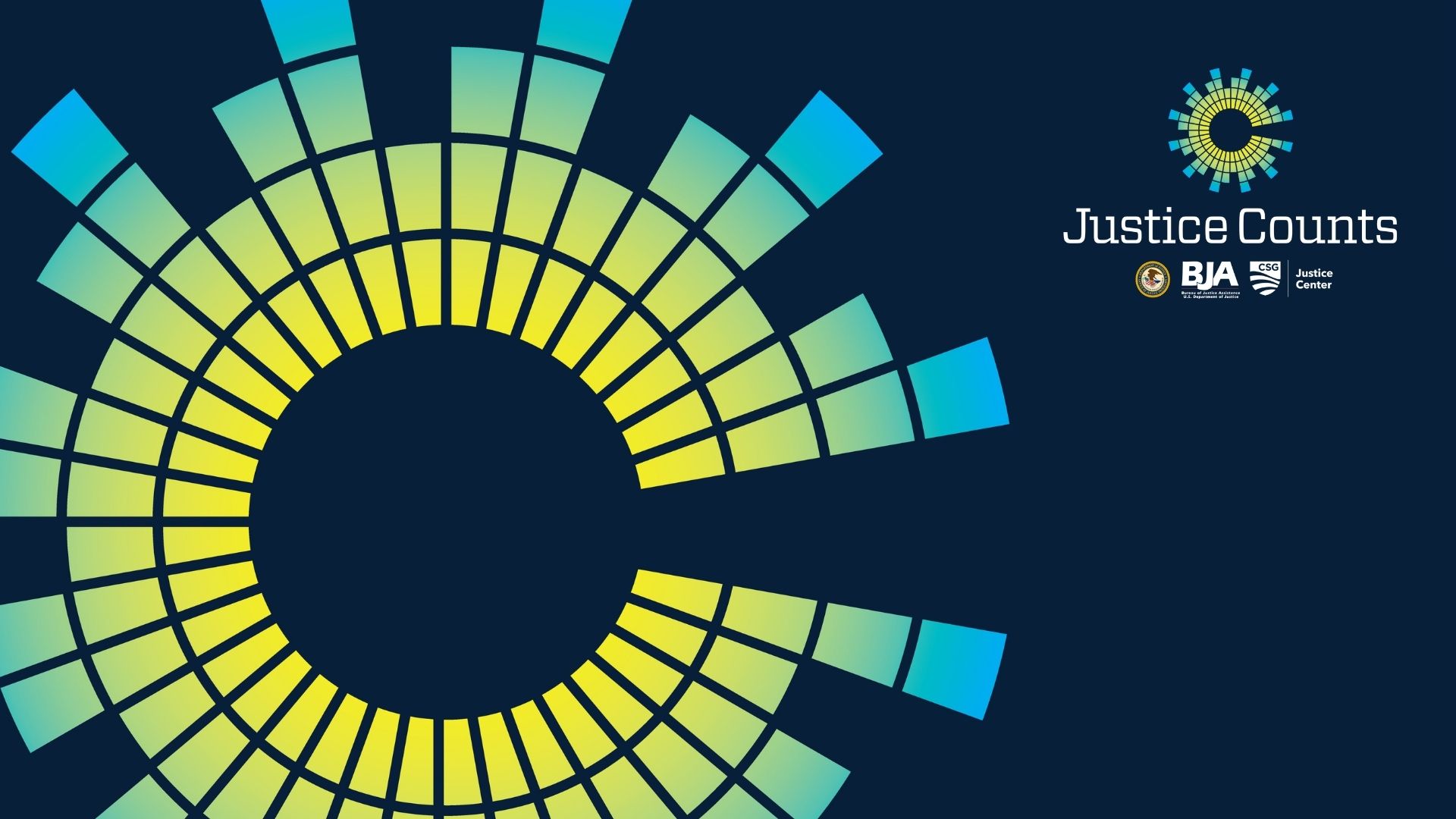
How to Make Justice Count: Introducing Consensus-Driven Metrics for Criminal Justice Data
Imagine that your keys were separated instead of all together on a keychain. Each key might be hidden in a different room in your home. That would make an everyday activity like going to the grocery store an ordeal. You’d have to go to one room to find the car key. You’d have to go to another to find your house key. There’s a reason we put all our keys on one keychain—so that we have everything we need at our fingertips, whenever we need it.
Justice Counts seeks to do the same for criminal justice data. It brings together metrics from multiple criminal justice sectors—law enforcement, prosecution, defense, courts, jails, corrections, and more—meaning that policymakers, agency leaders, advocates, and the public will finally have access to essential information about the criminal justice system in one place. By doing so, Justice Counts aims to help policymakers make more informed decisions to advance the wellbeing of their constituents.
Accurate, accessible, and actionable data is essential to building stronger and safer communities. That’s why Justice Counts is empowering data-driven decision-making today and planning for better criminal justice data tomorrow. The initiative recently marked a critical step forward in that effort: introducing the first set of Justice Counts metrics.
Driven by consensus, the metrics were developed by more than 100 people, agencies, and organizations who poured hundreds of hours into balancing a complex range of issues to develop and refine the metrics. Now that the metrics have been developed, criminal justice agencies are encouraged to start using them. Criminal justice practitioners from across the U.S. are invited to join Justice Counts in creating a stronger information infrastructure for the justice system by learning how to mobilize these metrics in each state.
The Justice Counts initiative currently offers the following ways to get involved:
- Getting to know the new consensus-driven metrics, organized by criminal justice sector;
- Taking the self-assessment to determine your agency’s readiness to participate;
- Signing up for an upcoming work session to provide input on sector-specific technical guidance for the metrics;
- Learning more about becoming a Justice Counts Founding State with support from the CSG Justice Center, including early access to tools and resources; and
- Reaching out to the Justice Counts team to request a legislative briefing, presentation for state leaders, or a presentation to an association or membership group.
Justice Counts is a consensus-building initiative of BJA led by the CSG Justice Center and a coalition of 21 partner organizations to help criminal justice policymakers across the country make better decisions with data that are accurate, accessible, and actionable.
BJA and the CSG Justice Center have developed a suite of tools, resources, and assistance to support agencies and states participating in Justice Counts. Visit the Justice Counts website to get started today.
This project was supported by Grant No. 2019-ZB-BX-K005 awarded by the Bureau of Justice Assistance. The Bureau of Justice Assistance is a component of the Department of Justice’s Office of Justice Programs, which also includes the Bureau of Justice Statistics, the National Institute of Justice, the Office of Juvenile Justice and Delinquency Prevention, the Office for Victims of Crime, and the SMART Office. Points of view or opinions in this document are those of the author and do not necessarily represent the official position or policies of the U.S. Department of Justice.
About the author











